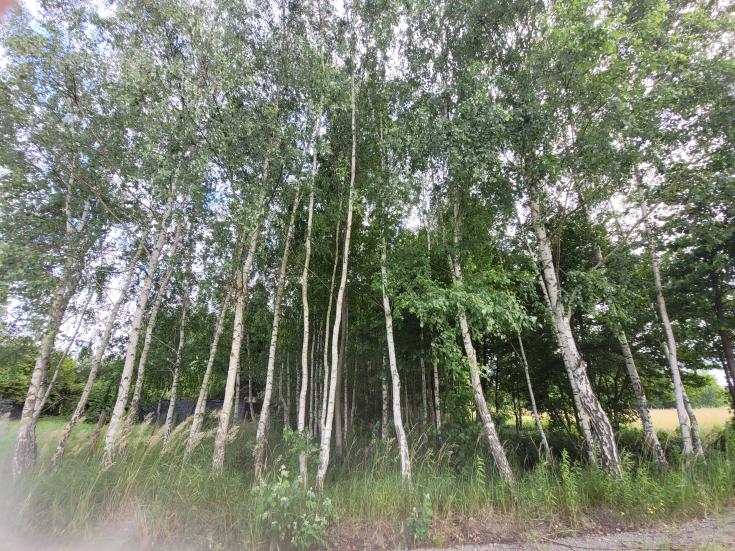The Economic Importance of Forests

Imagine walking through a dense forest. The air is cool and fresh, filled with the earthy scent of pine and leaves. The towering trees stretch toward the sky, their branches creating a green canopy overhead. This forest is not just a natural wonder; it is a vital part of the economy, supporting lives and industries in ways you may not have considered.
The Role of Timber in Our Lives
Our journey begins with the most obvious resource that forests provide: timber. Timber is everywhere in our daily lives. The homes we live in, the furniture we use, and even the paper we write on all come from trees. The timber industry is a cornerstone of the global economy, employing millions of people worldwide.

Sustainable forestry practices are key to balancing the need for timber with the health of our forests. For every tree cut down, another should be planted. This balance allows the forest to continue thriving while supporting industries and providing jobs.
The Hidden Wealth of Non-Timber Forest Products
Forests offer more than just wood. Look around, and you’ll find a treasure trove of resources that don’t require cutting down trees. These are non-timber forest products (NTFPs) like fruits, nuts, resins, and medicinal plants. These resources are crucial for many industries, from pharmaceuticals to cosmetics to food production.

Non-timber forest products are a lifeline for many rural communities, offering a sustainable way to make a living while keeping the forest intact. They provide income for families and contribute to the economy in often overlooked ways.
Forests as a Source of Energy
Consider the energy that fuels our world. While much of our energy comes from fossil fuels, forests offer a renewable alternative. Wood has been used for centuries as a source of fuel for heating and cooking, and in many parts of the world, it remains a primary energy source.
Beyond traditional uses, biomass energy, derived from wood and other organic materials, is increasingly important. It provides a sustainable option that helps reduce our reliance on fossil fuels, making forests not just providers of materials but also crucial energy sources.
The Economic Power of Ecotourism
Forests also draw millions of tourists each year. People visit forests to hike, camp, and watch wildlife, seeking to reconnect with nature. Ecotourism is more than just a pleasant activity; it is a significant economic driver. It brings money to local communities and creates jobs in tourism and conservation.

Ecotourism encourages the sustainable use of forest resources, ensuring that these natural wonders are preserved for future generations. It’s a win-win, where both the environment and the economy benefit.
Supporting Small and Medium-Sized Enterprises (SMEs)
Forests are especially important for small and medium-sized enterprises (SMEs), which are the backbone of many economies. These businesses rely on forest resources for raw materials. For example, a small furniture maker might source wood from nearby forests, or a paper company might turn trees into products we use every day.
SMEs also benefit from the diversity of non-timber forest products. They can create unique products that stand out in the market, whether it’s a natural cosmetic made from forest plants or a gourmet food product using wild ingredients. These businesses often operate in rural areas, where jobs are scarce and the economy depends heavily on the sustainable use of local resources.
Balancing Economic Growth with Sustainability
As you come to the end of your walk through the forest, consider the delicate balance that must be maintained. Forests provide enormous economic benefits, but they are also fragile ecosystems. Overexploitation can lead to deforestation, loss of biodiversity, and long-term damage to the environment.
Sustainable forest management is the key to maintaining this balance. It ensures that forests continue to provide resources without depleting them. This involves practices like selective logging, where only certain trees are harvested, and reforestation, where new trees are planted to replace those that are cut down. It also means protecting forests from illegal logging, fires, and other threats that can devastate these vital ecosystems.
The Future of Forests and the Economy
As we look to the future, it is clear that forests will remain a cornerstone of the global economy. They are not just natural resources; they are living, breathing ecosystems that support life in countless ways. By valuing forests for both their economic and environmental importance, we can ensure that they continue to thrive, providing benefits for generations to come.
